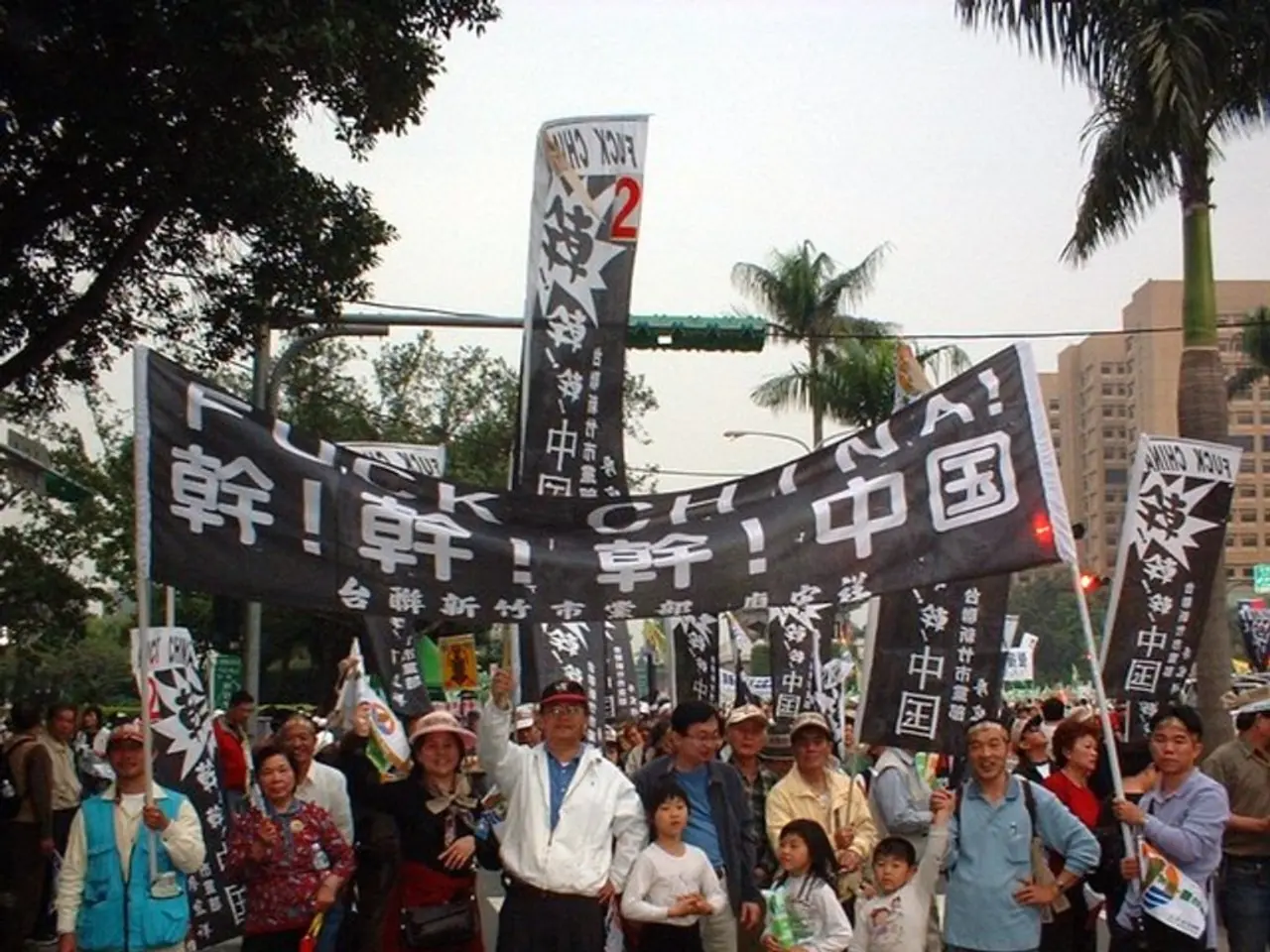Throngs of individuals congregate to celebrate the 30-year milestone of Budapest Pride, defying Orban's prohibition.
In the Heart of Europe: Thousands Defy Ban at Hungary's Budapest Pride
Budapest, Hungary witnessed a sea of color and solidarity this weekend as tens of thousands gathered for the 30th anniversary of Budapest Pride, defying the government-imposed ban on the event.
Amidst the throngs of people were members of the European Parliament, international supporters, and a multitude of "first timers," joining the ranks of Pride participants to stand up for freedom and support the LGBTQ+ community.
The ban on the event has turned Budapest Pride into a powerful symbol of resistance against the Hungarian government's ongoing restrictions on freedom of assembly and human rights. Participants took to the streets to voice their disapproval of the administration's attempts to suppress civil liberties.
Journalists on the ground spoke with numerous attendees who previously held differing opinions about Pride events but decided to participate this year to stand by the principles of civil rights and express their solidarity with the LGBTQ+ community.
Prominent climate activist Greta Thunberg attended the festivities, using her platform to call out Hungarian Prime Minister Viktor Orbán for his attempts to quash the event. Thunberg, in an Instagram video, labelled the ban as "another fascist attack on human rights."
Pride Prohibition vs. Far-Right Sanction
While the Pride event was officially prohibited, the authorities approved a far-right march, allowing the 64 Counties Youth Movement to hold an event on the same square in Budapest. The Our Homeland Movement, a small far-right parliamentary party, also announced a counter-march along the same route as the municipal Pride event.
Meanwhile, Peter Magyar, leader of Hungary's main opposition party TISZA, was nowhere to be found at the event. Magyar, however, expressed his support for the Pride movement, stating on Facebook that "we build a country together, where it doesn't matter where you come from, what you believe in, who you love" and called upon police officers to protect all Hungarian citizens from arbitrary government actions.
In an unusual turn of events, Magyar's scheduled absence sparked speculations. Later, it was revealed that his sons' football schedules necessitated the family vacation, effectively keep Magyar out of the Pride march.
Political analysts had speculated that Orbán might use the ban to provoke Magyar and capitalize on the situation politically. TISZA’s base is diverse, bringing together people from various ideological backgrounds. Magyar focuses on addressing the everyday concerns of Hungarians and emphasizes representing all citizens, not just one ideological side.
Insight: The ban on Budapest Pride spurred widespread defiance and drew condemnation from European Union leaders, who perceived it as a violation of fundamental rights. The government's efforts to suppress the event were seen as part of Orbán's broader strategy to further his "illiberal" governance and cultural war strategy (Source: Enrichment Data).
Pride MonthBudapestViktor OrbánLGBTQ+ RightsResistancePolitical StrategyFreedom of Assembly
- Politicans, both from within Hungary and the European Union, expressed their disapproval of Viktor Orbán's ban on Budapest Pride, viewing it as a violation of freedom of assembly and LGBTQ+ rights.
- Amidst the desperate struggle for civil liberties, Hungary's main opposition party, TISZA, find themselves in a political predicament, with their leader, Peter Magyar, missing the Pride march due to his sons' football schedules, causing speculations of Orbán's potential manipulation and capitalization on the situation.








